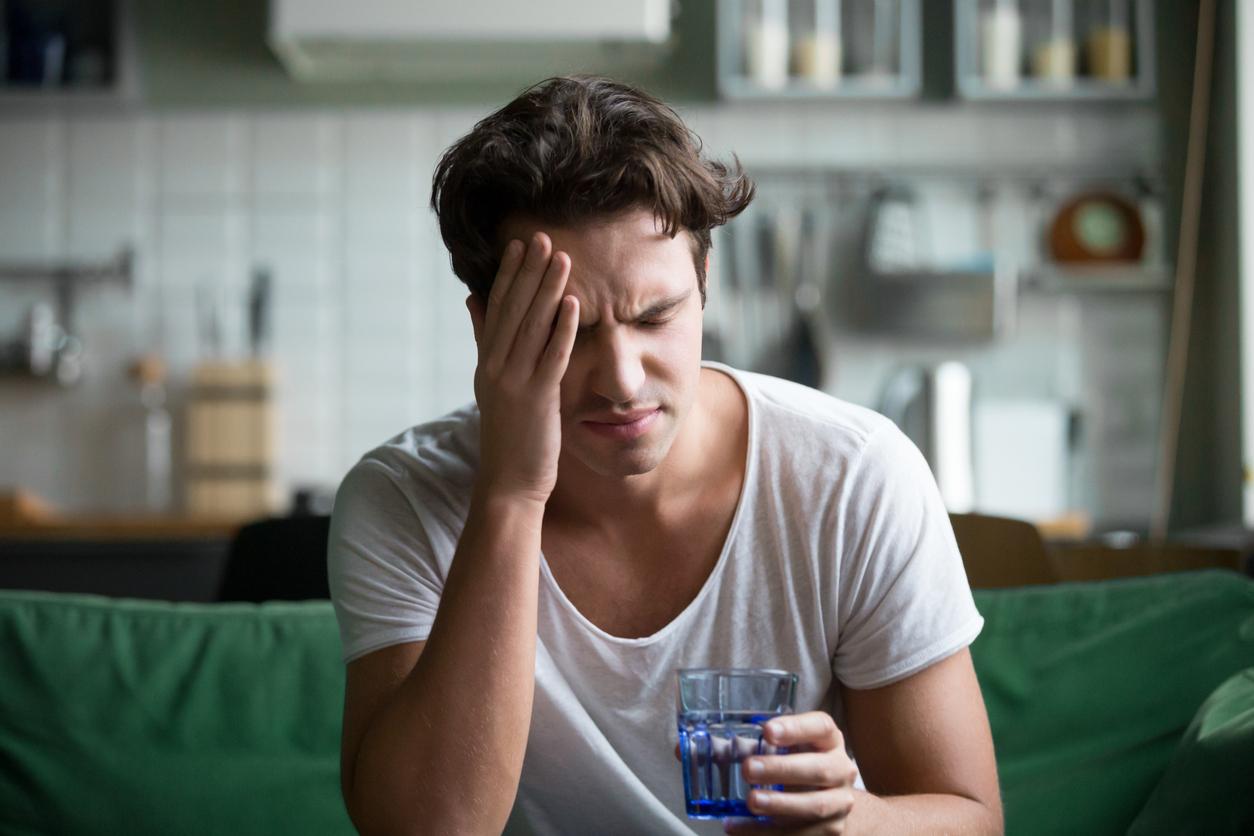Kratom, a herbal opioid, is not the best solution for treating patients with an alcohol problem.

In the United States, nearly 15 million people have been diagnosed with alcohol use disorders. Among them, a growing number are reportedly self-medicating with kratom, a plant native to Southeast Asia believed to have medicinal properties. This product, which contains opioids, is available over the counter in specialty stores. Kratom has been classified by the Food and Drug Administration, the American drug agency, among the “drugs of concern”. The cost of alcohol consumption to individuals and society in the United States is estimated at over $250 billion per year.
While the use of Kratom is still the subject of debate among US lawmakers, the latest study published in the November 8 edition of British Journal of Pharmacology, conducted by the team of scientists from Purdue University in Indiana (USA), points out that using Kratom to treat alcohol-related disorders may not be the best solution. The study was conducted in collaboration with researchers from Memorial Sloan-Kettering and the University of Washington. The teams examined the potential effects of kratom and its components on the body and its ability to reduce alcohol consumption.
Alcohol addiction tested on mice
According to the study, substance use disorders have become a major health concern across the United States, with increasing numbers of people suffering from illnesses triggered by self-medication with kratom. Some people would use kratom in order to break a cycle of alcohol addiction. For the purposes of this study, scientists looked at the effects of kratom on people with a drinking problem.
Richard van Rijn, a professor of medical chemistry and molecular pharmacology at Purdue University, led the research team. “The big challenge is that alcohol use disorders are not adequately treated with currently available drugs; in fact, less than 10% of patients receive treatment. There are few effective drug therapies to treat these disorders, so finding new and better treatments is essential to help people manage their disease.”
Positive influences associated with side effects
The researchers carried out their studies on eight mice, in order to see their reaction to kratom. They made them consume water and alcohol, then gave them kratom. They found that the plant reduced their desire to consume alcohol, but that it also had side effects, such as impaired locomotion. Scientists have found that using kratom to treat alcohol use disorders can be effective in some cases, but its safety is questioned. According to Richard van Rijn, the study supports the use of other therapies that do not produce the side effects associated with the use of kratom.
Excessive alcohol consumption is a public health issue in France, where alcoholism is responsible for 49,000 deaths per year. In France, according to alcohol info service, 10% of French people consume alcohol daily. Wine remains the most consumed alcoholic beverage in France, followed by beer and strong alcohols. It should be noted, however, that alcohol consumption in France has however decreased considerably. According to figures from Public health Francewe went from 26 L of pure alcohol per population over 15 in 1961 to 11.7 L in 2017. Excessive alcohol consumption is the second cause of preventable death in the country, just behind tobacco.
.















